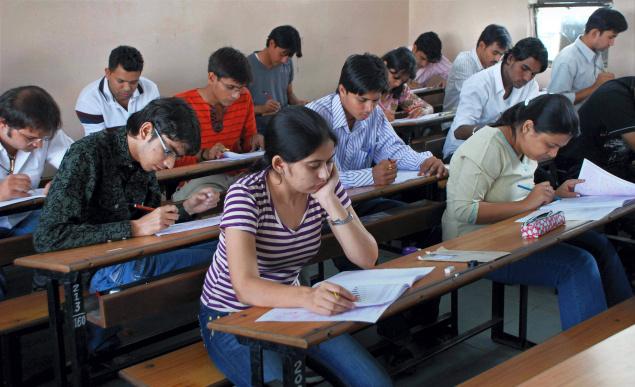
Medical students should clear exit test to be doctors.50% PG seats for medical officers
The five and a half year long medical course is no longer enough for a student to become a doctor. For the Union health ministry has unveiled the draft Indian Medical Council(Amendment) Bill 2016 by which they should also have to pass the National Exit Test(NEXT).
The Bill also aims to bring in combined counselling for admission to medical colleges for UG and PG levels. Another proposal is a reservation of upto 50 percent of the PG seats for medical officers.
The test is intended to create a level-playing field in medical education that’s becoming increasingly privatized.
‘Will help improve the quality of medical education’
As per a central government official, NEXT would rise the quality of medical education in India and also help benchmark the students. “It will substitute three tests, including NEET for postgraduate admissions, recruitment for central health services and the foreign graduate medical examination,” the official said about the outcome based test.
The results of how students from individual colleges have performed in NEXT will be made public. If a college has over 90% students clearing the test, it will automatically act as an indicator. Students can make an informed choice while selecting colleges,” said the official.
Dr P Shingare, the head of Maharashtra’s department of medical education and research is also someone who thinks positively of NEXT. “How can we equate a student from X university with one from Y University? NEXT will bring about standardization,” he said.
Another professor said that while authorities can only rate the infrastructure of a college, only the result of NEXT can prove a tangible parameter to evaluate the quality of that college.
Criticism
An opposing point of view is also present about the draft.
For instance, the cardiac surgeon Dr Devi Shetty who himself is a former member of MCI feels that the provisions in the new draft are suitable only for an “economy of excess”- one which has enough number of doctors.
The 50% reservation for medical officers has also attracted criticism.
As Dr Shetty said, “The brightest people should be allowed to pursue post-graduate studies. We are here encouraging them to take a break in their education when, ideally, they should specialize before they turn 30 years old.”
Dr Shringare points out that in the last 20 years 100 medical officers took up PG studies each year. However, none of the 2,000 doctors returned to the government system.
According to Dr Gautam Sen, former MCI member, “This is nothing but reduction in meritocracy. We already have reservation at undergraduate levels and post-graduate levels. What is the need to introduce another quota?”He added that instead of such piecemeal efforts the government should introduce the complete Medical Council reforms. “The bill has been cleared by Parliament. So why is the government still not introducing the entire bill?” he asks.
With inputs from TOI
Image credits: deccanchronicles.com
Images may be indicative